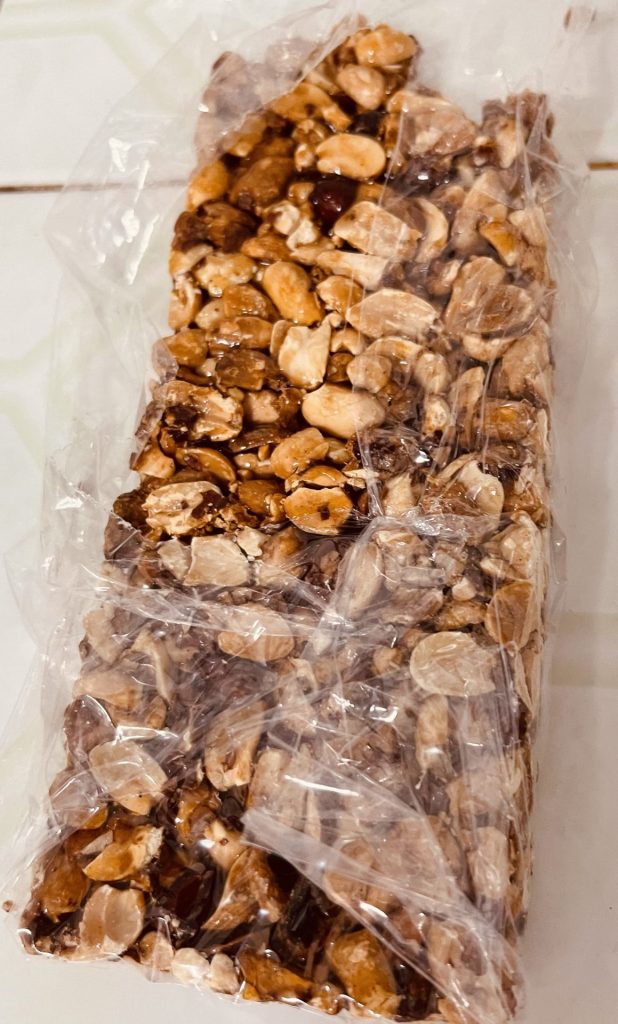You need to be very careful of what, and where, you eat in Cuba. If you don’t see a Cuban eating a particular type of food, you shouldn’t either. Any food where you cannot easily identify the meat that is being served, should be avoided.
In this article, you’ll see the types of foods I won’t eat, while I’m in Cuba. I spend months on the island each year. And what I will say, is that Cuba definitely isn’t a travel destination for foodies. Yet, the food is just one of the myriad reasons, that I recommend you alway have traveler’s medical insurance when visiting.
Here’s what you need to know about food in Cuba, based on my own experience.
What foods should I avoid in Cuba?
Don’t Eat Hamburgers In Cuba
Hamburgers use ground meat in patties. The meat used is often at the end of, or past, its useable lifespan. And in Cuba, it will likely make you sick.
The patties in hamburgers start their life as steak, or some other cut of meat. Then once that meat is too old for steak, it’s shredded and used for other foods. Once that meat is then too old for other foods, the meat is ground into patties for hamburgers. Along with the offal.
Hamburger patties are a lucky dip in Cuba. You’ll be lucky if you don’t end up sitting on the toilet, while holding a bucket.
Beware Of Stewed Meats In Cuba
Any meat that you cannot easily identify, you should not eat in Cuba. If you’re not getting Ropa Vieja or some other stewed meat from a reputable supplier (high class hotel or official restaurant), you should not eat it.
When Cubans boil and stew all their meats to overcome quality issues, they will be unlikely to make you sick. But you might later learn that your Ropa Vieja, was actually ‘Rover’ Vieja.
You might later find out that the Ropa Vieja you were served, is actually dog meat or some other mystery meat. See the below video that I filmed in Havana, for an example of why you should avoid mystery meats.
Beware Of Ice In Cuba
Ice or ‘hielo’ (pronounced ‘yellow’) might not be filtered water despite, what the restaurant says. Cuba has lead pipes and older style plumbing. Any water that isn’t filtered or bottled should not be consumed.
If you’re outside a busier metropolitan area, you can never be certain where the ice has come from, or what water was used. The exception to this rule is from large hotel chains and busier upmarket restaurants.
In rural or more local areas, you should order your drink ‘sin hielo’ (pronounced ‘sin yellow’). I will only order drinks like Canchanchara, that use ice, when I’m in a metropolitan area. Or if I’m in a busier part of town, frequented by tourists and upper-class locals.
Avoid Foods In Cuba That Have A Long Shelf Life
I’ve learnt during my trips to Cuba, that Cuban’s are raised with the ability to sniff out the faint telltale odor left by cockroaches. They have an ability to sniff out cockroaches on anything.
Cuban’s have the ability to sniff out cockroaches, because foods can be stored for long periods of time in Cuba. And shops will still sell you food, even if they know it’s been contaminated by roaches. Personally, I won’t touch any long-life foods, unless what I’m buying comes in a vacuum sealed bag.
I will eat potato chips from a sealed bag. But I won’t eat a peanut bar in glad wrap bought from a kiosk. Because I don’t want to be munching on cockroach droppings. Or anything the cockroaches might have carried with them, out of the Cuban sewers. I learnt this particular lesson the hard way.
Where Can I Get More Information About Cuba?
I’ve made my Complete Guide To Traveling Cuba available on this website. And I recommend you read it, before traveling to Cuba. It will help you navigate Cuba and Cuban society.
My Cuba travel guide will save you a lot of time and money on your next trip to Cuba. Cuba is not the sort of destination in which you can arrive unprepared. Read the most complete Cuba Travel Guide.






